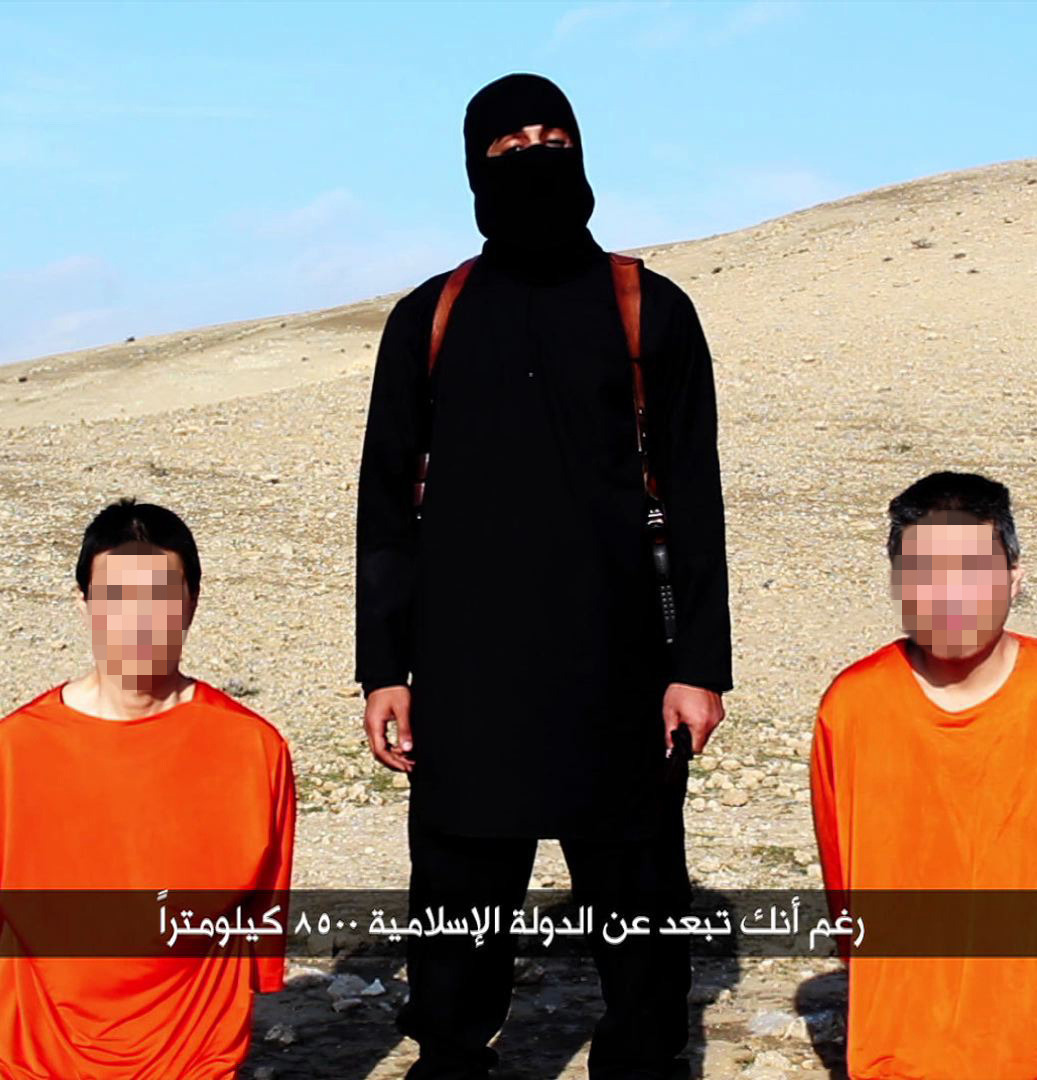Hostage crisis: Analysts say Japan is target for militants
Japan’s hostage crisis is a stark reminder that Tokyo’s deep pockets and alliance with the US make it a target for Islamist militants, analysts say, even if the nation considers itself far removed from Middle Eastern conflicts. Japan has been rocked by a video in which a black-clad jihadist from the Islamic State group demands $200 million for the lives of freelance journalist Kenji Goto and self-employed contractor Haruna Yukawa. With a 72-hour deadline due to expire on Friday around 0600 GMT, Prime Minister Shinzo Abe acknowledged it was a “race against time” but vowed his government will do everything possible to secure their release. The militants have linked their ransom demand to Abe’s pledge of financial support for countries dealing with the influx of refugees fleeing IS militants fighting in Syria and Iraq.
What Japan has to do is to stress the humanitarian nature of the aid money and to say it is to help refugees and people who are in great pain.
Kazuo Takahashi, Middle East expert at the Open University of Japan
The case has come as a huge jolt to Japan, whose inhabitants regard their country as a diplomatic bit-player that smilingly lavishes aid money around the world. Tokyo’s reputation for always having its chequebook handy may have played into the militants’ hands, analysts said. The parading of prisoners while Abe was in the region was opportunistic, rather than specifically ideological, they said — Yukawa has been missing since last summer, while Goto disappeared in October — noting that people from relatively wealthy Japan have long been easy prey for kidnappers seeking large ransoms. But, perhaps more valuable is the publicity the militant group will garner.
Money is likely their secondary objective. First and foremost, they wanted to use it as an opportunity to attract the world’s attention. The Islamic State used [Abe’s trip] to issue the message that it regarded Japan as a member of the U.S.-led bloc taking measures against it.
Misa Kanaya, research fellow at the Middle East Institute of Japan

Asia-Pacific islamic state japan